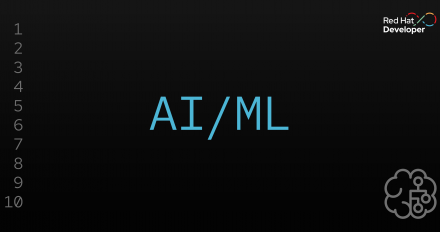
Understanding ATen: PyTorch's tensor library
Learn how ATen serves as PyTorch's C++ engine, handling tensor operations across CPU, GPU, and accelerators via a high-performance dispatch system and kernels.

Learn how ATen serves as PyTorch's C++ engine, handling tensor operations across CPU, GPU, and accelerators via a high-performance dispatch system and kernels.

Latest stable versions of GCC (C, C++, Fortran), Eclipse, GDB, SystemTap, and
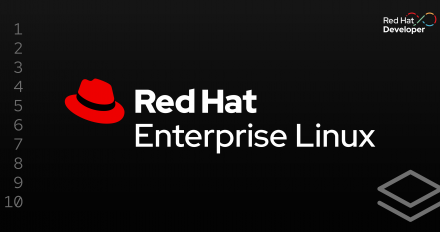
Explore the top developer features in RHEL 9.7 that enhance the developer experience.

Discover the RHEL 10.1 new features and updates, designed to improve the developer experience.
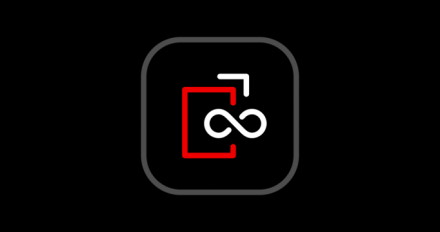
Your Red Hat Developer membership unlocks access to product trials, learning resources, events, tools, and a community you can trust to help you stay ahead in AI and emerging tech.

Follow this guide to install PostGIS on RHEL for powerful spatial operations in mapping, Geographic Information Systems (GIS), and geospatial analytics.
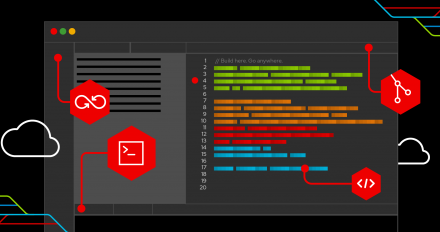
Discover how Bunsen tracks and analyzes large and busy upstream projects.
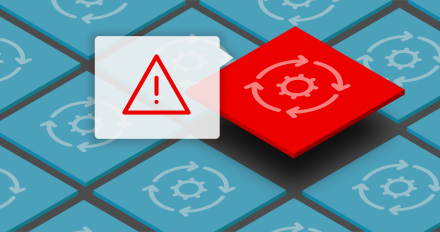
This article provides an explanation of a few advanced debugging techniques using GDB's reverse debugging capabilities.
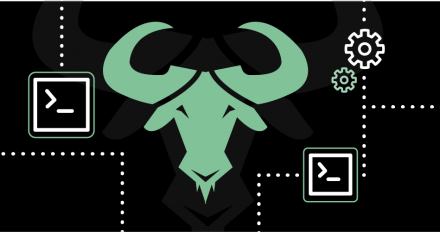
GCC 15 brings better error messages and diagnostics for your code, including prettier execution paths and easier-to-read compiler errors for C++ templates.
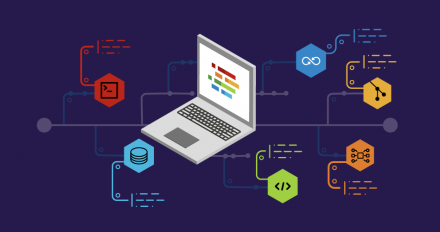
This is an overview of three improvements made to core file loading in GDB 16.
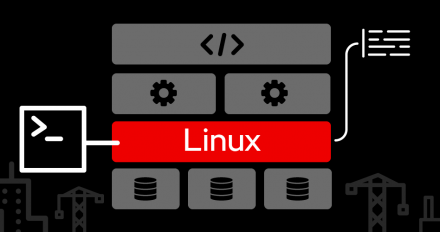
Learn how developers can utilize changes to enum types in C and C++ to analyze application binary interface changes using abidiff.

This article explains the inclusion of binary data in C and #embed implementation in GCC 15.

Get an overview of notable updates and enhancements to debuginfod, a tool for distributing debugging resources such as executables, debug information, and source files.
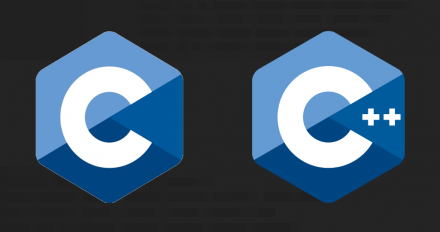
C2y makes memcpy(NULL, NULL, 0) and other zero-length operations on null pointers well defined. This removes a source of bugs that may result in security issues.

This article details new Python performance optimizations in RHEL 9.5.

Find out what's new in Red Hat Enterprise Linux (RHEL) 9.5, including enhancements for workloads, container management and security, and Identity Management.
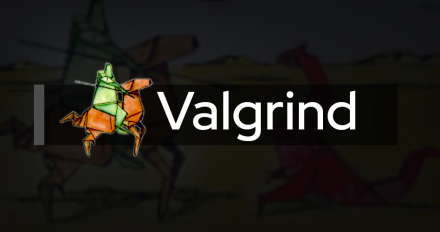
Explore new features related to Valgrind's file descriptor and learn how to use them to track the file descriptors your program is using—or misusing.

A brief look at the changes needed to allow Valgrind Memcheck to produce correct diagnostics for memory issues in conjunction with x86-64-v3 instructions.

Part 3 in a series about improving Clang's constant expression interpreter.

A popular technique modern compilers use to improve the runtime performance of compiled code is to perform computations at compile time instead of at runtime. However, constant expressions need to be evaluated at compile time for a variety of reasons. To help resolve this problem, I've been working on improving the Clang's constant interpreter.

Timm Baeder explains the upstream work he has been doing on a new constant expression interpreter for Clang.

GCC Toolset will no longer include GDB. This article discusses the hows and whys of this change.

This article is mostly a story about my attempt at getting new contributors

Dive into the state of software documentation for the GNU C library and kernel and explore ways developers can help improve docs.

The glibc-support repository provides a convenient way to develop a wide range of tests for the GNU C library prior to upstream integration.